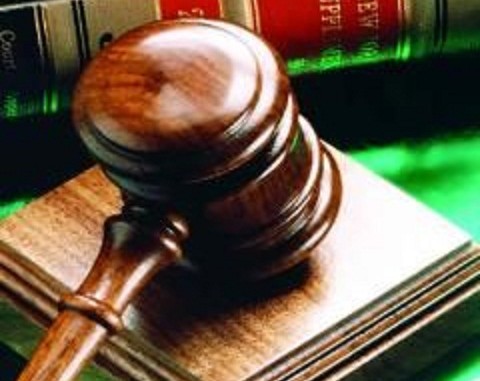Larry Ellison Slams Google For Not Licensing Java

Oracle boss Larry Ellison has criticised Google for not licensing Java in Day 2 of the courtroom showdown
The courtroom tussle between Oracle and Google over their intellectual property argument over who owns which part of the open source Java programming language, continued on the second day with testimony by a couple of key Larrys.
Google also offered up its first defence against Oracle’s opening-day barrage of charges in US District Court in San Francisco.
Ellison Testimony
Oracle co-founder and CEO Larry Ellison appeared to be comfortable testifying 17 April in his company’s lawsuit against Google over what it claims to be illegal use of Java APIs in the creation of the Android mobile device operating system.
Google CEO and co-founder Larry Page also spent a few minutes at the end of the session answering questions in front of the judge and 12-person jury but did not delve into anything of substance. He will continue his testimony on Wednesday.
The two IT giants took turns accusing each other of improprieties in the case, in which Oracle has asked for about $1 billion (£627m) in damages and may seek an injunction against Google using the Java APIs it claims to own for licensing.
“Google is the only company I know that hasn’t taken a license for Java,” Ellison said. “I met with (former Google CEO, now chairman) Eric Schmidt in 2010 to discuss a joint project in which Google would use Oracle’s version of Java in its Android software for smartphones rather than their own version of Java.”
But the companies never set down an agreement, Ellison said.
Google went on to create Android by itself using Java and other open source software components. “But just because something is open source doesn’t mean you can do whatever you want with it,” Ellison said.
Ellison said that the $7.4 billion (£4.6bn) acquisition of Sun Microsystems, which invented Java in the early 1990s, was “by far the most important purchase Oracle has made” in its 35 years and that the intellectual property that came with the purchase – especially the Java franchise – is crucial to the company’s future.
Smartphone Move
Google trial counsel Robert Van Nest asked Ellison if Oracle had ever intended to create its own smartphone to compete with Apple’s iPhone and Google.
 Ellison acknowledged this was true but denied approaching Google about building smartphone software in a joint project. “That turned out to be a bad idea,” Ellison said.
Ellison acknowledged this was true but denied approaching Google about building smartphone software in a joint project. “That turned out to be a bad idea,” Ellison said.
“The idea was building the smartphone using Java FX, and then to charge carriers like Verizon for it,” Ellison said. Ellison said that at different times Oracle had discussed the merits of entering the highly competitive smartphone market. The CEO said the company looked at buying BlackBerry maker Research In Motion and Palm Computing, but those deals didn’t come to fruition.
In explaining his client’s defence, Van Nest attacked Oracle’s claim that Google’s Android operating system was built without authorisation alongside Oracle’s Java patents and copyrights. Van Nest said in no uncertain terms that “this case is about Oracle trying to share in Google’s success. They want to share Android’s profits without having done a thing to bring that about.”
Oracle, of course, sees the case from an entirely different point of view. While Java language itself belongs to the open source community and is free of charge to use, it still must be licensed for commercial deployments under the GNU Public License. The application programming interfaces of Java may be another matter, since APIs have been interpreted as both specifications and as techniques.
This could potentially become a landmark one in deciding the precise definition of an API.
Case Background
Oracle first filed suit in August 2010, claiming that Google illegally used seven Java APIs that Oracle owns to help build the Android operating system. Google contends that the APIs it uses cannot be copyrighted because doing so would be similar to copyrighting a technique used to perform a task. Legally, techniques are not considered intellectual property.
Oracle lead attorney Michael Jacobs had asserted on 16 April that Oracle “will prove to you from beginning to end … that Google knew it was doing the wrong thing. This case is about Google’s use, in Google’s business, of somebody else’s property without permission,” Jacobs said. “You can’t just step on someone’s IP because you think you have a good business reason for it.”
Android, released in 2008 by Google to partners such as Samsung, HTC and other manufacturers to run smartphones and tablet PCs, now runs more than 300 million mobile devices.
How well do you know your operating systems? Take our quiz.